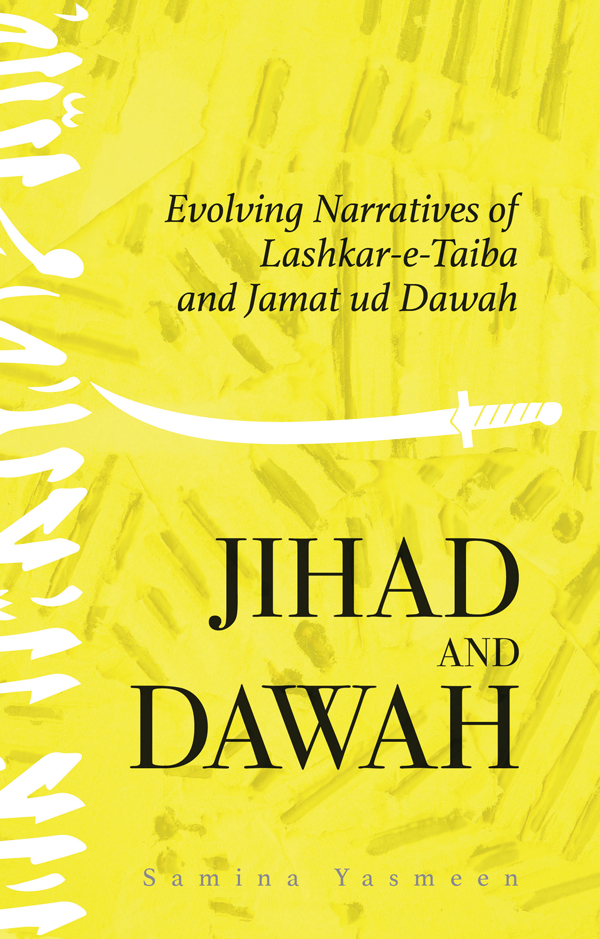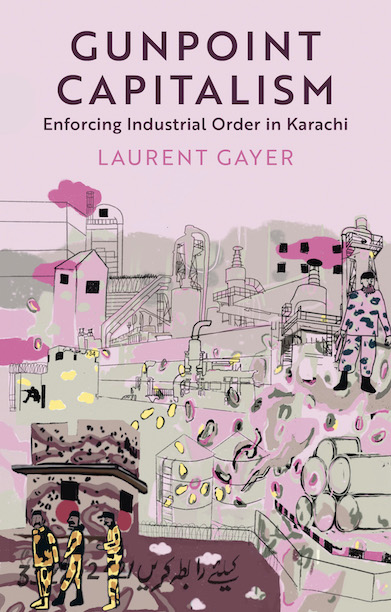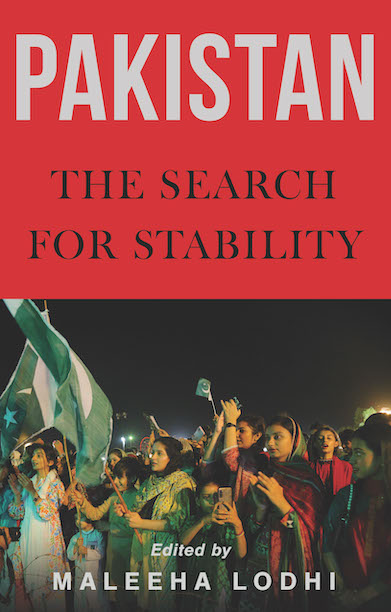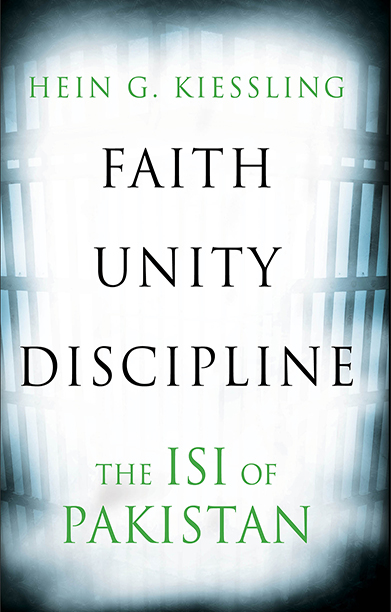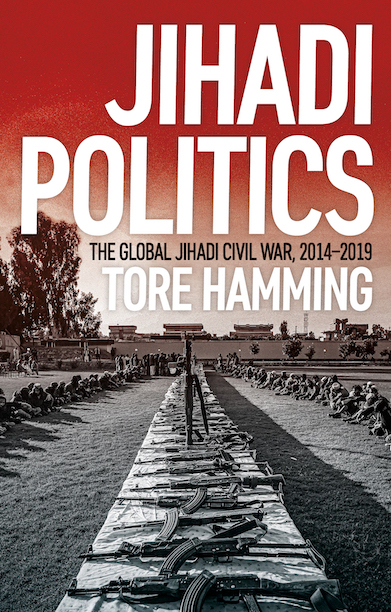Jihad and Dawah
Evolving Narratives of Lashkar-e-Taiba and Jamat ud Dawah
For those studying Islamist movements, terrorism and the link between religion, Muslim philanthropy and politics in Pakistan, Yasmeen’s scrupulously researched volume will be essential reading.
Description
This book provides a detailed account of the emergence and metamorphoses of Lashkar-e-Taiba (LeT) and its political arm, Jamat ud Dawah (JuD), since the early 1990s. Linking the group’s narratives to the process of Islamisation in Pakistan and divergent views on the country’s Islamic identity, it is the first systematic analysis of how the organisation, globally reviled as the perpetrator of the 2008 Mumbai terrorist attacks, has developed its conception of da’wah (proselytising) and jihad in response to regional and global developments.
Samina Yasmeen draws upon Urdu materials (pamphlets, books, ephemera) by Markaz Da’wah wal Irshad, the parent organisation of LeT, to examine the ‘insider’s vision’ of the dominant threats to Pakistan and the Muslim ummah, as well as strategies for countering these threats. She argues that while adopting an oppositional narrative vis-à-vis India and the West, LeT has incresingly turned its attention to da’wah narratives within Pakistan engaging with broader spectrums of society. Women have increasingly been assigned significant agency in this narrative, and JuD’s activism in education and social welfare has helped it acquire social capital. This, in turn, prompts a re-imagining of the movement’s relationship with the Pakistani military.
Reviews
‘A well-researched analysis and a useful reference for those wanting to understand the complex dynamics between JuD/LeT, the Pakistan military and India.’ — The Muslim World Book Review
‘A sympathetic account … utilizing the author’s extensive study of the movement’s primary documents, it links the group’s theologically-infused narratives to the process of increasing Islamization in Pakistan, with a particular focus on its conception of da’wah (proselytizing) and jihad within the Pakistani context.’ — Perspectives on Terrorism
‘Acutely observed, subtly argued, and always informed. Yasmeen skillfully charts and contextualises the evolution of two groups generally neglected by the literature on political Islam. Given the widespread anxiety over jihadism, a nuanced discussion of its evolved meanings and relationship to other forms of Islamic activism is both needed and timely.’ — James Piscatori, Professor at the Centre for Arabic and Islamic Studies, Australian National University and co-author of Muslim Politics
‘To fully counter extremism, one needs to understand its foundational narratives. By analysing those of Laskhar-e-Taiba and Jamat ud Dawah, Samina Yasmeen brings Pakistan one step closer to restoring the foundational values set by the Quaid-i-Azam—ilm (knowledge), adl (justice) and ihsan (compassion). A must-read for better understanding Muslim society.’ — Ambassador Akbar Ahmed, Ibn Khaldun Chair of Islamic Studies, American University, Washington DC
‘A carefully researched and deftly argued analysis of Jamaat-ud-Dawa’s origins, scope and evolution. Drawing on substantial fieldwork and original sources, Yasmeen illuminates the organization’s social welfare functions and roots in the terrorist entity LashkarI-Toiba. This work should be of considerable use to scholars, journalists and practitioners interested in various non-state actors’ role within Pakistan.’ — Sumit Ganguly, Tagore Chair in Indian Cultures and Civilizations and Professor of Political Science, Indiana University Bloomington
Author(s)
Samina Yasmeen is Director of the Centre for Muslim States and Societies and teaches Political Science and International Relations at the University of Western Australia. She has conducted extensive research on Islamisation, jihadism and women in Pakistan, as well as Muslim citizenship in Western liberal societies.
